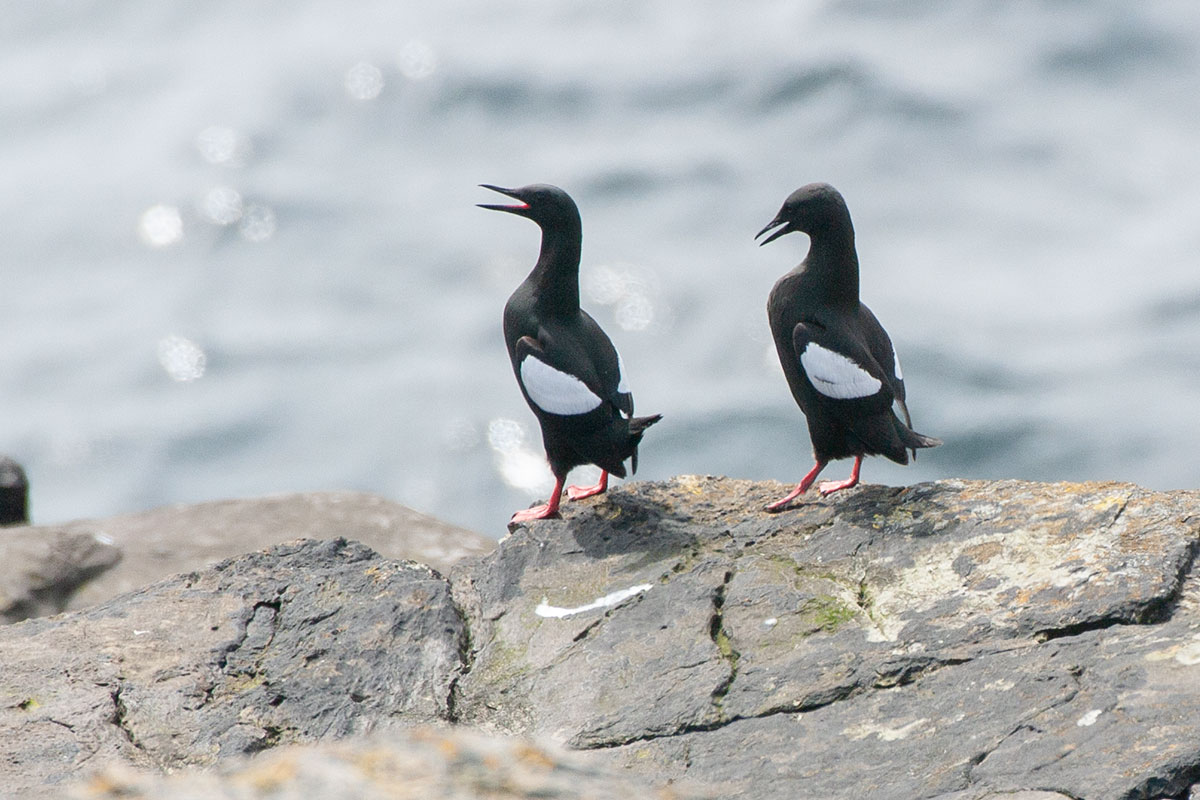A relatively straightforward example of the impacts of climate change. Great work of 40 years by the researcher.
From the article:
It was the warming climate that first allowed the birds to make the island their home. They nest in the cavities found in abandoned old boxes and piles of driftwood, but need 80 days clear from snow to give their chicks time to hatch and fledge.
And it was only in late 1960s and early 1970s that such summer conditions persisted to enable the guillemots to breed routinely and successfully on Cooper.
The following couple of decades then saw the colony flourish. The Arctic pack ice was rarely more than about 25km off shore, providing the parent birds easy access to the nutritious Arctic cod (Boreogadus saida) they prefer to feed their young.
In the past two decades, however, the summer marine ice-cover has retreated far from land. This September, the lowest ice extent ever recorded in the satellite-observing era, saw the edge of the ice pack sit hundreds of km from the island.
This researcher's findings will be repeated for us many times:
A <your population size/description> of <your species> living on <your habitat> is providing a unique insight into the changing <your continent> environment.
The <your population name> feed their young on <your prey or other food source> that <your prey or food source habitat(s) or behavior(s)>.
But their access to this <prey or food> source is being limited by the <your consequence of global climate change>.
How <your species> respond will turn a lens on the wider changes taking place in <your continent> ecosystems, biologists say.
Thanks for the post.
